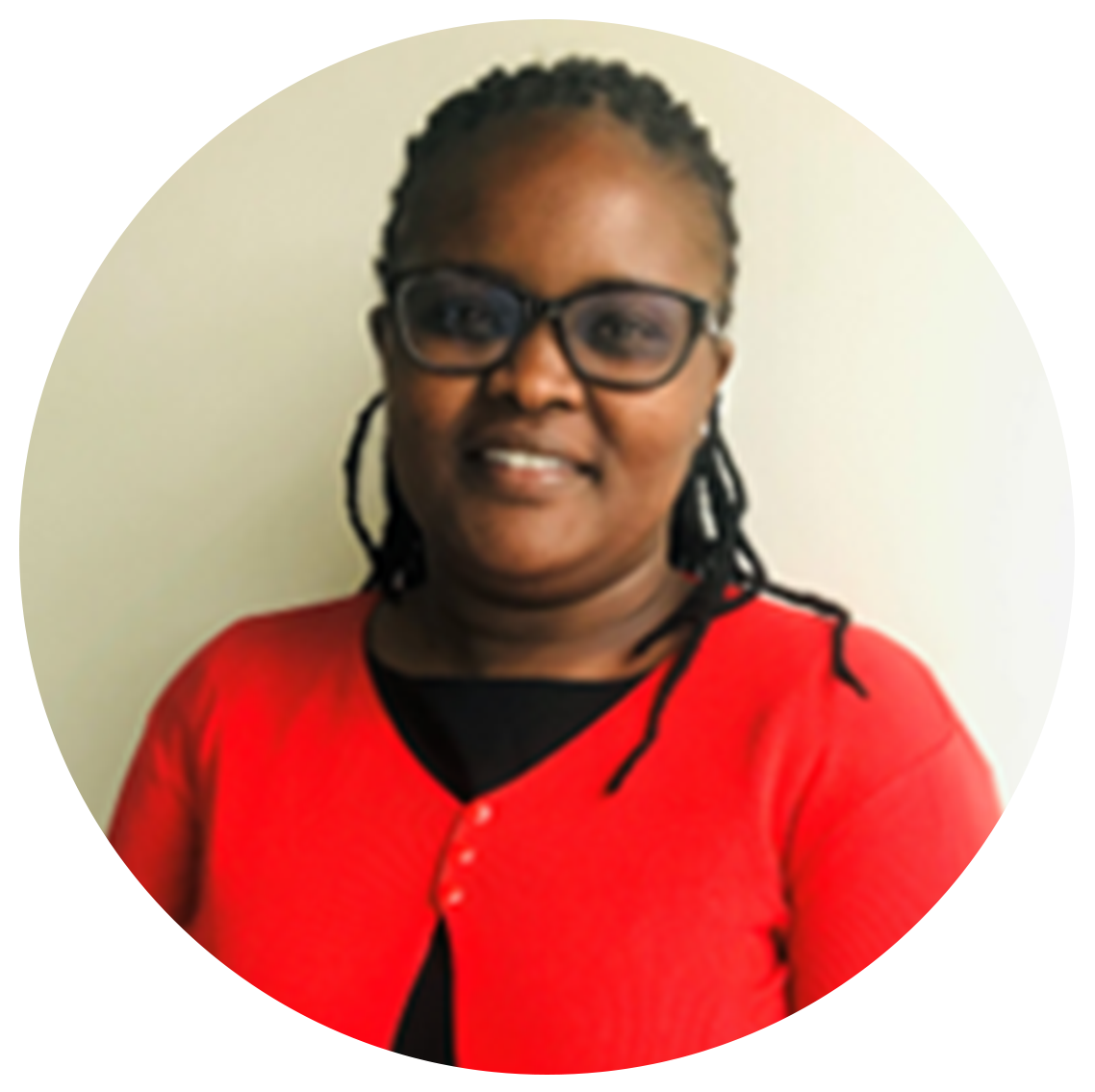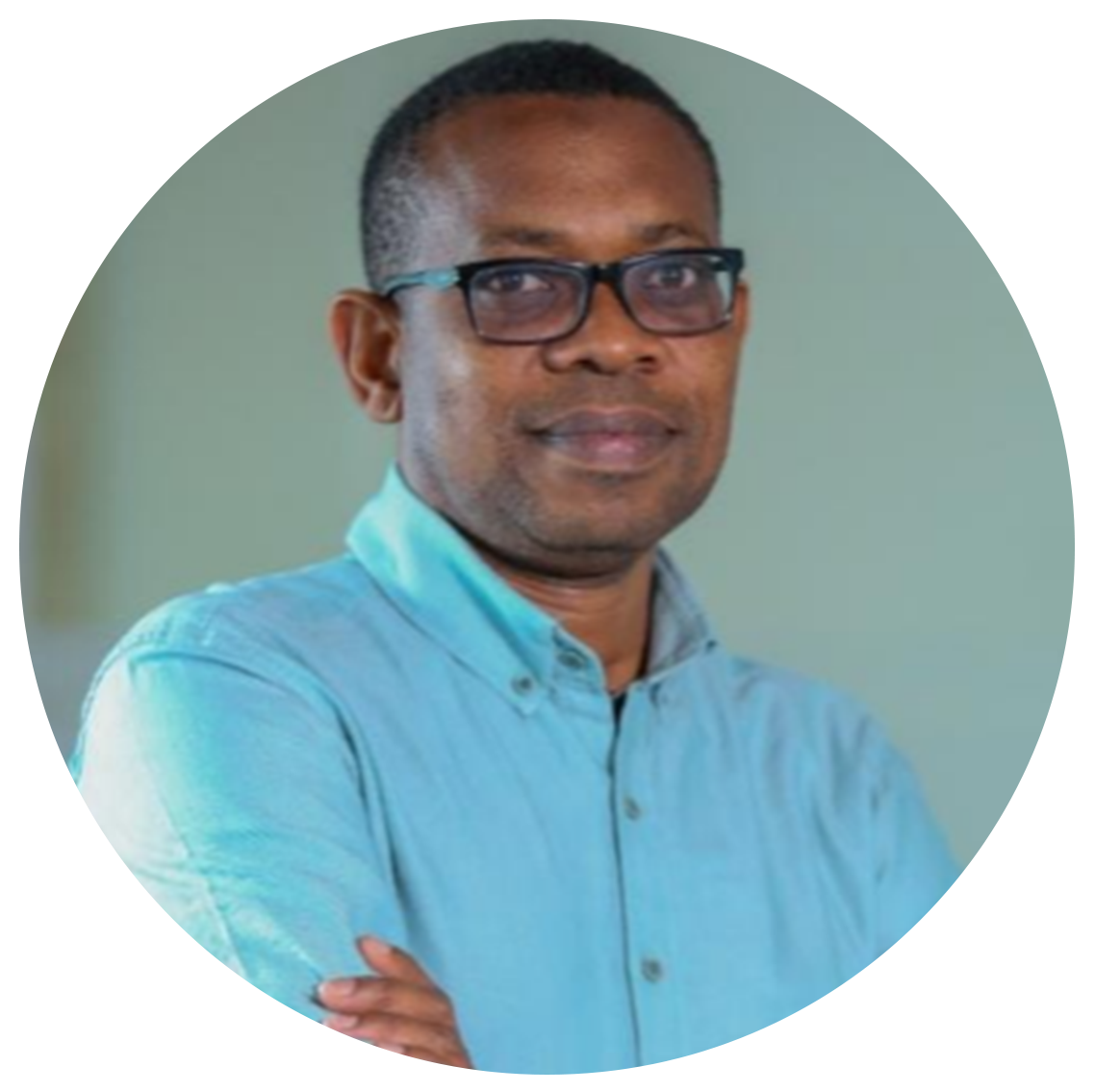Early Childhood Development and Foundational Learning: Confronting Barriers to African-Led Research in Sub-Saharan Africa
This blog highlights findings from a workshop organised by ESSA and the REAL Centre. The event provided a valuable platform for Africa-based researchers to convene and address critical challenges facing Early Childhood Development (ECD) and Foundational Learning (FL) research in Sub-Saharan Africa (SSA).

By Petrine Addae, Mary Chepkemoi, and John Mugo
For a span of two days (last October), 53 key actors from 21 countries were convened in Nairobi to discuss emerging evidence on the challenges and opportunities for Early Childhood Development (ECD) and Foundational Learning (FL) in Sub-Saharan Africa (SSA).
As researchers in this field, we absorbed the variety of evidence shared and engaged in a rich exchange of perspectives. While the content clearly focused on ECD and FL, one principle dominated the conversation: Africa-led research.
The workshop aimed at advancing multidisciplinary research output among Africa-based researchers while improving their quality and agency to work on the two thematic areas. While Africa-led research has been a concern in the health sector for a couple of years now, as seen in the evidence shared that Publications from SSA as at 2021, in International Databases were skewed towards Health, i.e. 874 in health compared to 52 in education. This is currently one of the conversations in education.
Africa-led research in Early Childhood Development and Foundational Learning Research
Three pieces of evidence caught our attention at the workshop.
First, the research output of SSA researchers in Early Childhood Development (ECD) was very low. An analysis conducted by the REAL Centre (University of Cambridge) determined that in 2021, Ethiopia ranked highest in searchable publications specifically found in the African Education Research Database (AERD) with 313, followed by Nigeria with 112, Ghana with 93, and Kenya with 89. Countries such as Congo and Mauritius had just one publication each.
Moreover, most of the studies and available evidence focus on the status (challenges and problems) rather than solutions, making it difficult to access evidence that propels the field forward. Similarly, in foundational literacy and numeracy, the evidence revealed 313 publications in Africa from 2020 - 2022, with the majority (136) not relevant to the SSA context. Of those directly relevant, 75 publications were by SSA-based authors, while the rest (58) were by non-SSA-based authors. Additionally, SSA-based authors contributed 33 indirectly relevant studies, compared to 11 by non-SSA-based authors. Publications in French fared worse, with only six out of 1,413 deemed directly relevant and featuring an SSA-based author.
Second, a related analysis established that even the low research output was unevenly distributed across the sub-themes in ECD. Using the Nurturing care Framework lens here, publications in SSA are skewed towards Health (874), while Education (52) and Play (39) lag far behind. Furthermore, most researchers in ECD paid little attention to equity and inclusion concerns, with only 26 percent focusing on poverty and three percent on disability. Among FL researchers, common areas of exploration included household factors associated with student learning and African languages, with the least attention given to education policy, enrolment, and nutrition, among others. Disability was included as an indicator in only 7 percent of the FL studies in SSA.
Third, female African researchers are highly underrepresented in the publications, accounting for only 24 percent of the searchable publications. This finding sparked a heated response-especially considering that a majority of the ECD educators were female, it highlighted the unique barriers faced by female scholars on the continent in getting published in peer-reviewed academic journals that are captured in the AERD.
Addressing the Barriers to Africa-Led Research in ECD and FL
The Workshop conversation has led us to the conclusion that, as Africa-based researchers, we need to address four key barriers to accelerate our progress. Prior to this conversation, there was an animated debate about what constitutes Africa-led research. While the concept of an African researcher might seem straightforward, we observed a lack of singular clarity regarding what Africa-led truly implies.
We sensed tension among various groups: the Africa-diaspora researchers based in universities in the global north, non-African researchers from the global north residing on the African continent, and African researchers living and working in universities and research institutions within Africa.
Suggestions were made that defining Africa-led research should not merely consider the name of the researcher but also their affiliation with an African institution. This affiliation could potentially have a ripple effect, influencing the researcher, the institution, and the continent as a whole. The background or origin of the researcher seemed to matter less in these discussions.
The first barrier identified was research funding, revealing that 44 percent of SSA-based scholars whose publications were analysed had never received any funding, while 39 percent were funded by international institutions. This scarcity of resources significantly impacts both the quantity and quality of research output. It highlights the difficult balancing act faced by poorly remunerated African scholars who must juggle teaching and consultancy, leaving limited time for focused research.
In response, three opportunities were identified. Firstly, funders need to demonstrate greater trust and directly support African researchers as an affirmative response. Designing funding mechanisms that specifically support African-based research, including joint research grants and regional research funds, could significantly bolster Africa-led research projects, thereby shifting power dynamics and unlocking agency. Secondly, instead of solely reacting to open research calls, Africa-based researchers were challenged to proactively create authentic research projects and approach funders with these initiatives. Thirdly, an appeal was made to established education researchers on the continent to adopt a cross-generational mentorship approach. This approach aims to rapidly cultivate a critical mass of talented younger-generation researchers capable of producing high-quality research.
The second issue is the power asymmetry in recognition. The available evidence highlights a challenge: Africa-based researchers' work often gets published in media not indexed by leading search engines, rather than that they are not writing. The conversation then shifted from the emphasis on publication quality (such as high-impact journals) to the question of accessibility and evaluation.
Examples were shared where editorial boards of journals from the global north, less acquainted with SSA contexts, easily dismissed or undervalued contextually-rooted African perspectives, labelling them as lower quality. This led one of the participants to suggest that “African researchers should be assisted in publishing in International Journals”.
To address this, advocates proposed recognising and including Africa-based journals. This suggestion aligns with the earlier proposal of research mentorship, aiming to amplify and bolster the African perspective in global knowledge dissemination. Additionally, there is potential in establishing a global repository dedicated to Africa-based research.
The third challenge identified was research-based advocacy, highlighting how little Africa-led research has focused on solutions for education policy and practice. Policymakers at the workshop expressed regret over the disconnect between Africa-led research and policy. To address this, both funders and researchers were urged to allocate resources for research communication. This allocation would enable researchers to actively engage with the field, establishing a direct link between research findings and practical applications
Additionally, proposals suggested consolidating and scaling up existing platforms that create communities of evidence producers and users. For instance, the Education Evidence for Action (EE4A) in Kenya and the Pan-Africanist Unlocking Data initiative, jointly established by Zizi Afrique, Education Sub Saharan Africa (ESSA), EBASE, Edtech Hub, and the University of Malawi, were presented as examples.
Finally, the workshop emphasised the challenge of promoting collaboration among African researchers within the continent. The evidence presented at the workshop revealed that 37 percent of the publications resulted from collaborations within the same country, 35 percent from collaborations between SSA and other parts of the world, with a mere 6 percent originating from cross-country collaborations within SSA (equating to only 9 publications). The suggested response to this challenge involves targeting networking among researchers on the continent and increasing funding for cross-country research initiatives.
This blog emphasises the critical challenges facing Early Childhood Development (ECD) and Foundational Learning (FL) research in Sub-Saharan Africa (SSA), including underrepresentation of female researchers, funding scarcity, and a disconnect between research output and policy formulation. Despite these obstacles, the workshop organised by ESSA and the REAL Centre provided a valuable platform for Africa-based researchers to convene and address these pressing issues.
We extend our gratitude to ESSA and the REAL Centre for their efforts in convening this workshop, and to the Bill & Melinda Gates Foundation and Conrad N. Hilton Foundation for their support. Through this platform, collaborations and mentorships were initiated, marking a significant step towards overcoming the identified challenges in ECD and FL research.
A shorter version of this blog was posted on ADEA's website.
Authors:


